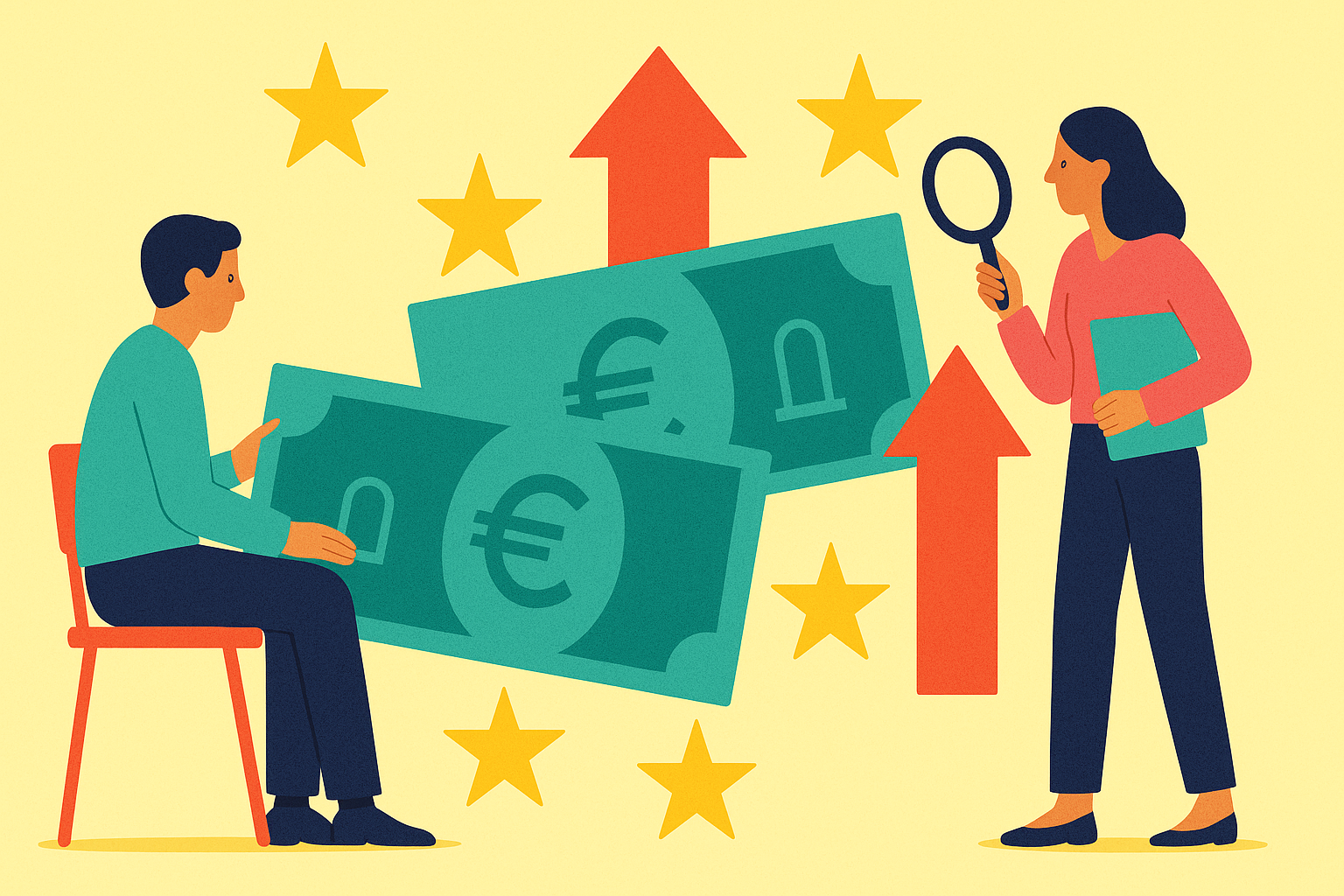Eurozone News
LAST UPDATE: July 9, 2025
ECB to clarify use of unconventional tools: Villeroy
ECB Governing Council member François Villeroy said the bank should define and communicate “proportionate” use of unconventional tools like QE, outlining clear guardrails to manage side effects.
Insight
This signals a more transparent ECB strategy review, ensuring markets understand when and how QE might be deployed—important amid evolving economic conditions.
ECB mustn’t rush further rate moves, Vujcic tells Handelsblatt
Croatia’s central bank governor, Boris Vujcic, cautioned against hastily moving rates further, advising patience after eight successive rate cuts and suggesting current policy may be sufficient for now.
Insight
This represents cautious convergence within the ECB camp: some members urge a pause to monitor inflation trends, reflecting concerns over over-steering in monetary policy.
UK and France must end dependency on US and China, Macron warns
Speaking at the British Parliament during his state visit, President Macron urged both countries to “de-risk” their economies by reducing excessive reliance on the US and China, and deepen cooperation on defense, migration, AI, and trade.
Insight
Macron’s message serves as a strategic pivot toward European autonomy. It underscores the need for UK‑France leadership in building resilient supply chains and shared innovation agendas.
Bulgaria becomes 21st member to adopt euro after EU green light
The European Parliament and Council approved Bulgaria’s entry into the eurozone, making it the 21st member. The country will adopt the euro on January 1, 2026, after meeting convergence criteria such as inflation, exchange rate stability, and public finances.
Insight
This milestone signals deeper European integration and may boost investor confidence in Bulgaria. However, domestic concerns over inflation, corruption, and administrative readiness remain challenges ahead of the transition.
Structural reforms are needed for German rebound, economy minister says
Economy Minister Katherina Reiche warned that Germany, facing two years of economic contraction and rising U.S. tariff threats, needs structural reforms—beyond recent defense and infrastructure spending—to restore competitiveness.
Insight
Her message underlines that fiscal stimulus alone is inadequate. Germany must overhaul labor markets, reduce red tape, and strengthen industrial policy to break its recessionary trend.
New German chancellor set for first China visit later this year, source says
Chancellor Friedrich Merz plans his first official visit to China, likely in October, accompanied by business leaders. The trip aims to reinforce economic ties amid U.S. trade tensions and follow-up on recent diplomatic outreach.
Insight
The visit balances Germany’s cautious stance toward China with pragmatic economic engagement. It signals Berlin’s intent to diversify partnerships while addressing geopolitical sensitivities.


